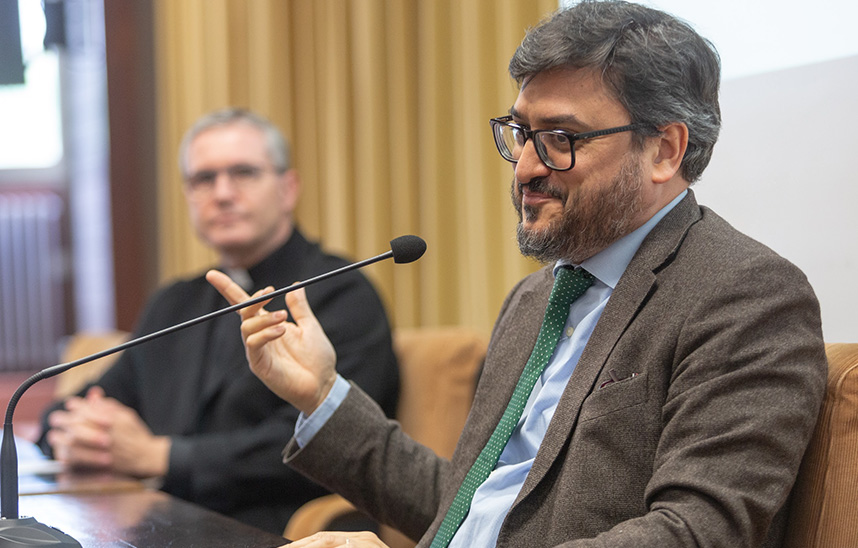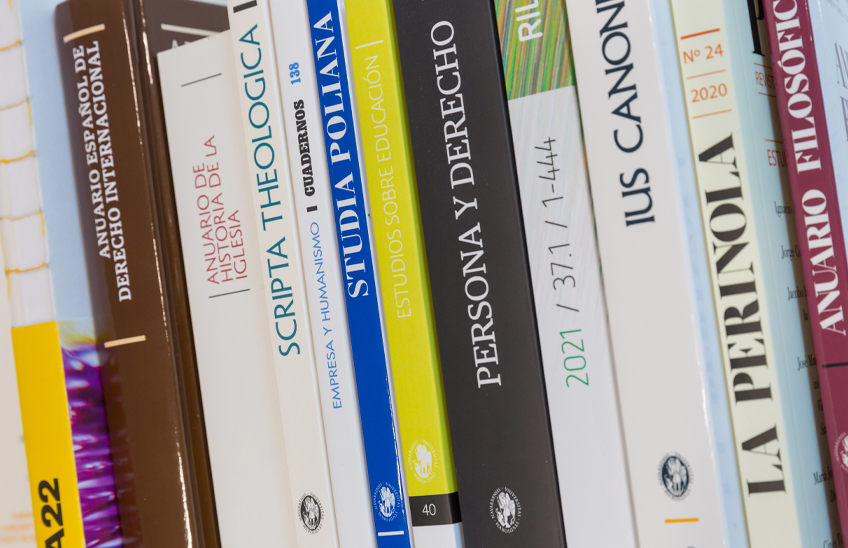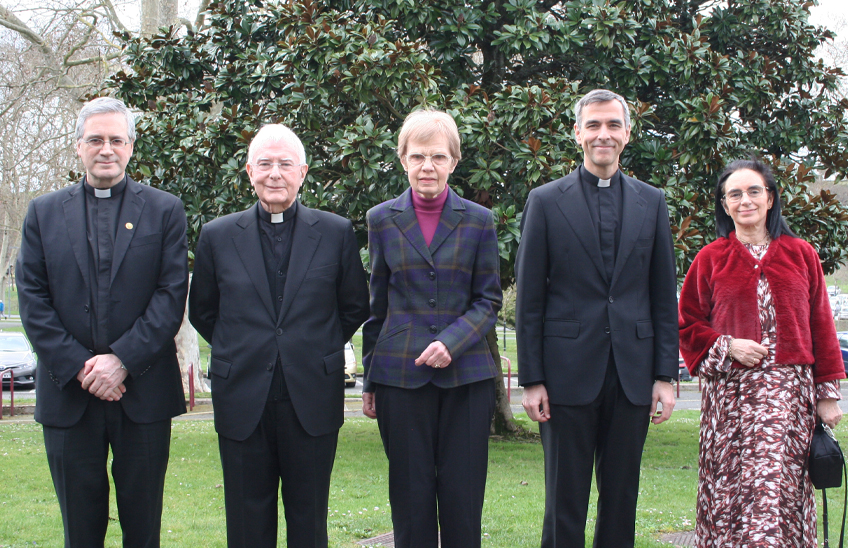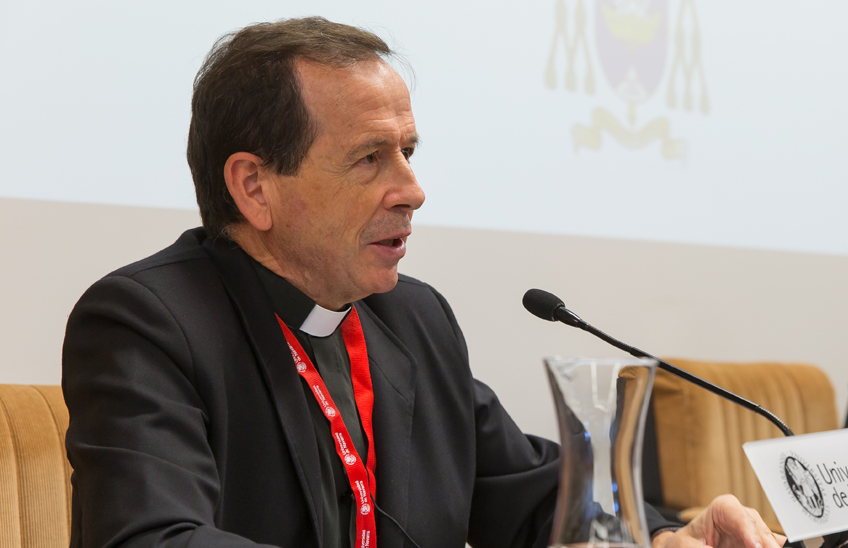"In the act of loving there is an affirmation of the being of the other."

PhotoManuelCastells/
18 | 04 | 2024
On April 18 we had with us Martín Echevarría, Full Professor of General Psychology, who spoke to us about 'The role of love in maturity. A la luz del pensamiento de Sto. Tomás de Aquino', in the II workshop Psychology and Spiritual Life, in the framework of the Program of training permanent in Psychology and Moral Life.
"What is loved is imprinted on the one who loves," said Echevarría, following the ideas expounded by St. Thomas Aquinas in his Summa Theologica. At the beginning of the discussion paper, he commented to the audience that he was going to speak a little about psychology and a little more about St. Thomas, in search of some core topic that would bring together what psychology and spirituality can contribute, and for this, what better than an author who embraces the human and the divine, the cognitive and the affective.
In his exhibition he cited authors such as Theodore Millon or Eric Fromm, whose definitions of love and maturity vary from one another, and are even, in the case of love, non-existent. He pointed out how Fromm is a curious author, who despite being at the antipodes of the Italian saint, tries to define mature love, saying of it that it is "union that preserves distinction".
After reviewing various positions and definitions, he finally launched into an in-depth analysis of the position of St. Thomas regarding love in maturity. For St. Thomas, "the beloved is imprinted on the one who loves," that is, the beloved is within the lover, because we allow it to enter our interior and be imprinted. Likewise, mature love impels the lover, it is the cause of everything we do, because every agent acts for some purpose.
St. Thomas explains that there is the love we have for that which belongs to us as part of our perfection, which we have to take care of, such as our children, the love of our equals, and finally the love of God, which is the only love of friendship that is completely ecstatic because in the other loves we do not leave ourselves completely, since we continue to love something, someone, who is part of ourselves.
Echevarría ended by talking about the reason for free donation: love. "What does it mean to love in a mature way? It means being able to love the other person with friendship love." What does that imply? Not only giving him gifts, but in the sense of self-giving, because, says St. Thomas, the first gift, gift, that we give to the other is the very friendship with which we love. "Through the act of love we make a place for the person within us and we configure our life in function of that person. So that is the best gift we can give to someone.



